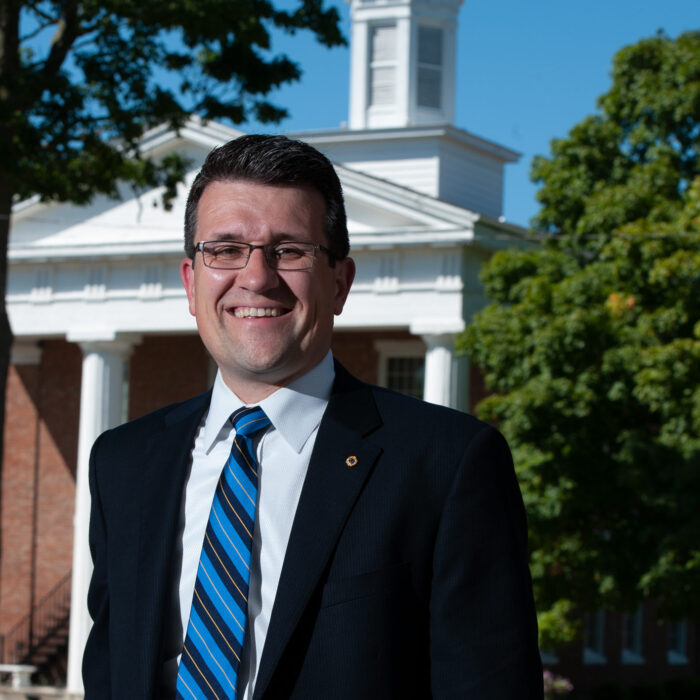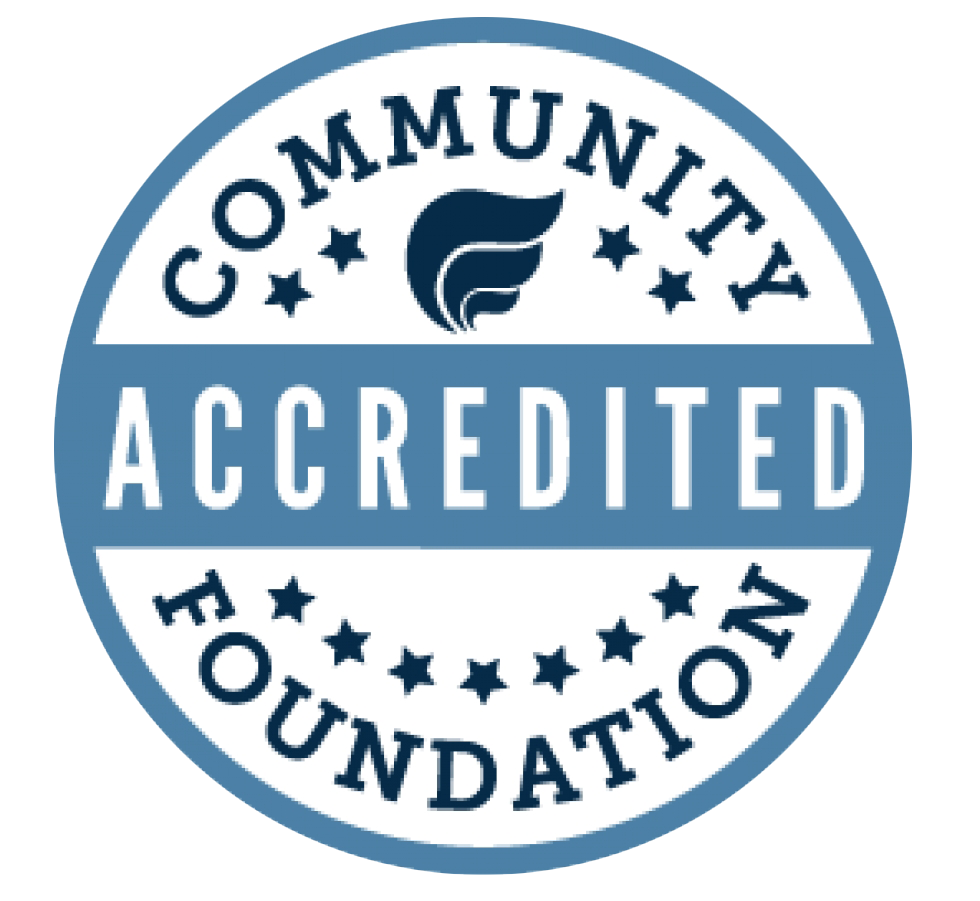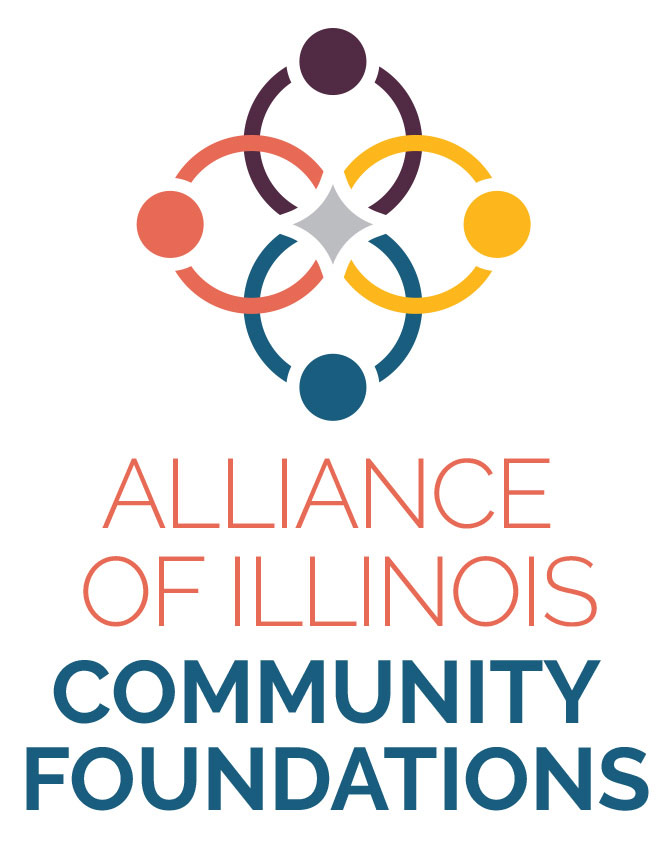By Joshua D. Gibb, President & CEO, Galesburg Community Foundation
The following commentary appeared in The Register-Mail and Peoria Journal Star on Sunday, June 11.
What does it mean to think differently? To me, it means stepping back to question “business as usual” and taking risks to court the unknown.
It means building relationships to spark new ideas from existing perspectives—and a number of other actions and attitudes rooted in the belief that positive change is possible.
The Hunger Collaborative is doing just that. Convened in 2021 by Galesburg Community Foundation, the Hunger Collaborative is comprised of individuals and leaders from 27 local nonprofits both directly and indirectly involved in food assistance.
The Community Foundation brought these organizations together after observing how they had already begun collaborating in new ways in response to the COVID-19 pandemic. We saw an opportunity to help keep that collaboration moving forward and to direct resources in a different way.
The focus of the Hunger Collaborative isn’t getting food on the table—though that is a critical piece of the puzzle. Together, they are working to develop strategies to reduce hunger by addressing its root causes. Those strategies will become realities thanks to more than $1.4 million entrusted to the Community Foundation by Knox County, along with $750,000 invested by the Community Foundation itself and more than $100,000 generously contributed by local residents.
In addition to direct, immediate need for food, the Hunger Collaborative has identified four priority root causes of hunger: access to and awareness of services, workforce and skills readiness, housing and homelessness, and transportation.
For each area, small groups are crafting proposals for multi-year grants. Under access and awareness, for example, a single, coordinated network of nonprofit and governmental service providers could remove barriers to available resources. Under housing, plans for emergency shelter beds, permanent housing with wraparound services, and services for those at risk of homelessness are under consideration.
For workforce and skills readiness, the collaborative is already working to create a talent pipeline to build opportunities for regional employers and trades students alike through SkillsUSA. The program promotes vocational training through the Galesburg Area Vocational Center, where students from eight area schools can enjoy hands-on training and instruction in a wide variety of skills, from automotive technology and early childhood education to law enforcement and web development. Since the SkillsUSA program was started last year, participation has nearly tripled.
The Hunger Collaborative’s advisory board worked with the Community Foundation to establish an open, ongoing grant cycle to fund these projects. This flexibility gives the nonprofits time to develop solutions organically, though all Knox County funds will be allocated by 2024 and spent by 2026.
Ultimately, progress made by the Hunger Collaborative today means that systems will be in place so that when the next pandemic—or other disaster—happens, the need will not be so great that it takes resources away from other important work.
By thinking differently, we have the opportunity to change people’s lives. I hope you’ll be moved by a sense of possibility. Remember that your vision is a part of how, together, we find new and even better ways to build strong and healthy communities.




